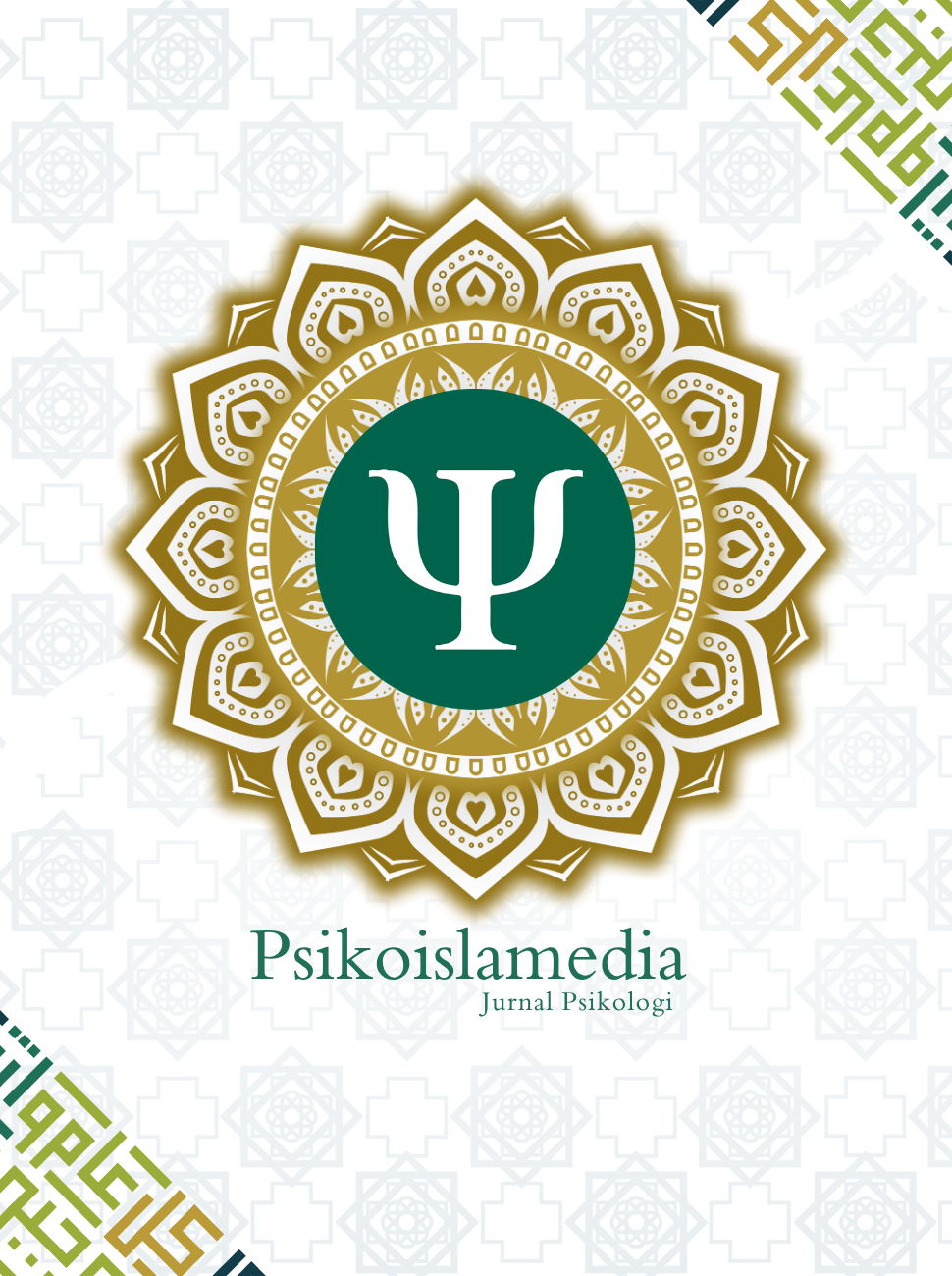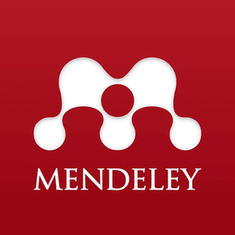THE IMPACT OF BROKEN HOME FAMILIES ON THE MORAL AND PSYCHIC DEVELOPMENT OF GRADE VI ELEMENTARY SCHOOL STUDENTS
DOI:
https://doi.org/10.22373/psikoislamedia.v9i1.16908Keywords:
Broken Home, Moral Development, Psychology, psychic, Child characterAbstract
The results of the teacher's daily research show that children from broken home families often make noise during class hours, this is because the child seeks attention to others. This then prompted the author to conduct a study that focused on broken home children with the aim of conducting a case study which then examined more deeply the impact of broken home families on the moral and psychic development of grade VI elementary school students at SD N 1 Sribitan. By using quality research with a case study approach. Participants in this study the author chose based on backgrounds and behaviors that stood out while in school using purposive samples so that two students were found who stood out from five students who had the same background, namely class VI SDN 1 Sribitan, namely A.C.P and .P.D.A. The results obtained from this study are an illustration that the influence or impact of broken home families is very real in terms of children's moral and psychic development. In this study, it can be explained that the bad moral problems that participants often do are not wanting to apologize if they are wrong, making noise, and not obeying the rules that have been applied in schools.
References
Adams, Christine, and Robert J. Butch. 2001. Happy to Be Me! A Kid’s Books About Self-Esteem. USA: Abbey Press.
Cholid, Nurviyanti. 2021. “Pengaruh Broken Home Terhadap Anak.” 6(1):1–14.
Daniel, Goleman. 2006. Emotional Intelligence (Kecerdasan Emosional) Mengapa EI Lebih Penting Daripada IQ. Jakarta: Gramedia Pustaka Utama.
Firiani, Rika. 2018. “Memahami Pengalaman Komunikasi Remaja Broken Home Dengan Lingkungannya Dalam Membentuk Konsep Diri.” Universitas Diponegoro.
Hafiza, Sarah, and Marty Mawarpury. 2018. “Pemaknaan Kebahagiaan Oleh Remaja Broken Home.” Psympathic : Jurnal Ilmiah Psikologi 5(1):59–66. doi: 10.15575/psy.v5i1.1956.
Jahja. 2011. Psikologi Perkembangan. Jakarta: Prenamedia Group.
Kurniawan, Wisnu Aditya. 2018. BudayaTertib Siswa Di Sekolah: Penguatan Pendidikan Karakter Siswa. CV Jejak (Jejak Publisher).
Massa, Nurtia, Misran Rahman, and Yakob Napu. 2020. “Dampak Keluarga Broken Home Tehadap Perilaku Sosial Anak.” Jambura Journal of Community Empowerment 1(1):1–12.
Mistiani, Wiwin. 2020. “Dampak Keluarga Broken Home Terhadap Psikologis Anak.” Musawa: Journal for Gender Studies 10(2):322–54. doi: 10.24239/msw.v10i2.528.
Muttaqin, Imron. 2019. “Analisis Faktor Dan Penyebab Dampak Keluarga Broken Home.” Jurnal Studi Gender Dan Anak 6(2):245–56.
Soetjiningsih. 2015. Tumbuh Kembang Ank. Jakarta: Buku Kedokteran EGC.
Sulistiyanto, Ari. 2017. “Broken Home: Penciptaan Karya Seni.” Institut Seni Indonesia.
Susanto. 2018. Bimbingan Dan Konseling Di Sekolah. Jakarta: Prenamedia Group.
Widyarini. 2009. Relasi OrangTua Dan Anak. Bandung: PT Alex Media Kumputindo.
Yusuf, M. 2014. “Dampak Perceraian Orang Tua Terhadap Anak.” Jurnal Al-Bayan 20(29).
Downloads
Published
Issue
Section
License
Authors who publish in this Journal agree to the following terms:
- Authors retain copyright and grant the journal right of first publication with the work simultaneously licensed under Attribution-ShareAlike 4.0 International (CC BY-SA 4.0) allows others to share the work with an acknowledgment of the work's authorship and initial publication in this journal.
- Authors are able to enter into separate, additional contractual arrangements for the non-exclusive distribution of the journal's published version of the work (e.g., post it to an institutional repository or publish it in a book), with an acknowledgment of its initial publication in this journal.
- Authors are permitted and encouraged to post their work online (e.g., in institutional repositories or on their website) prior to and during the submission process, as it can lead to productive exchanges, as well as earlier and greater citation of published work. (See The Effect of Open Acces)














